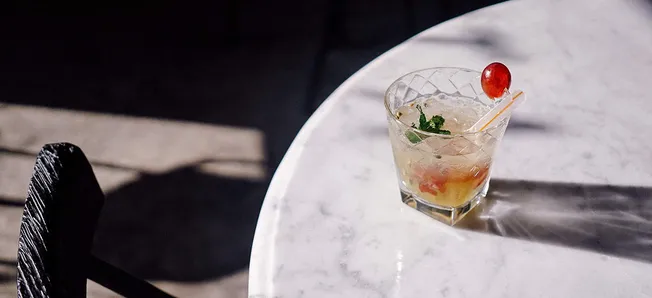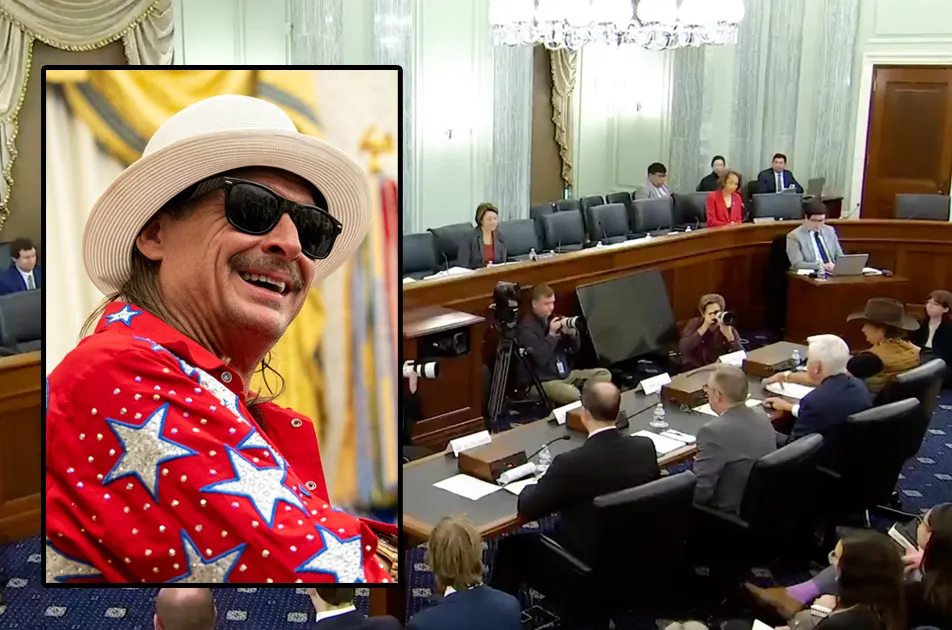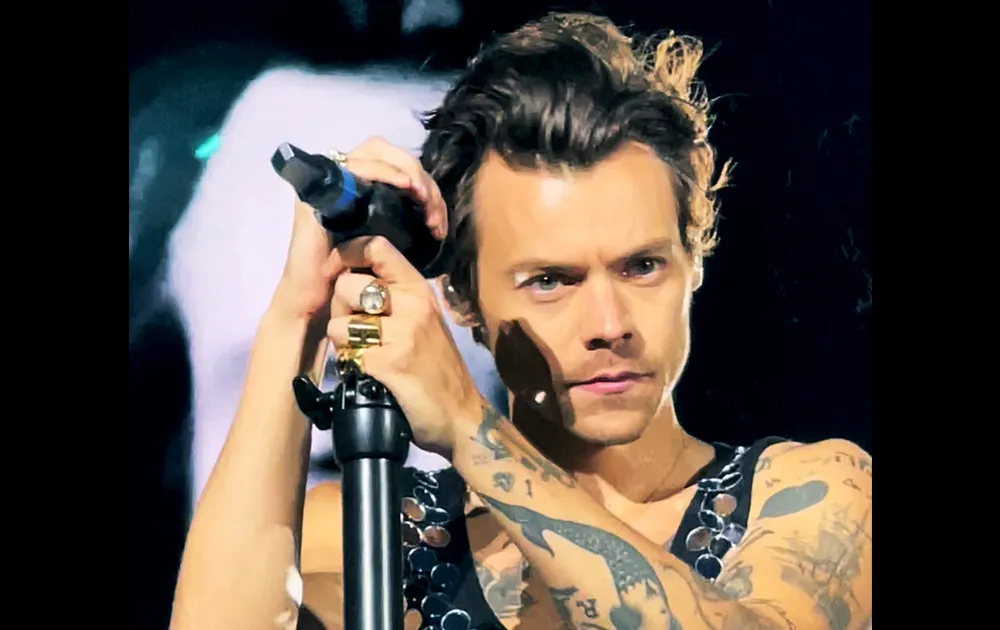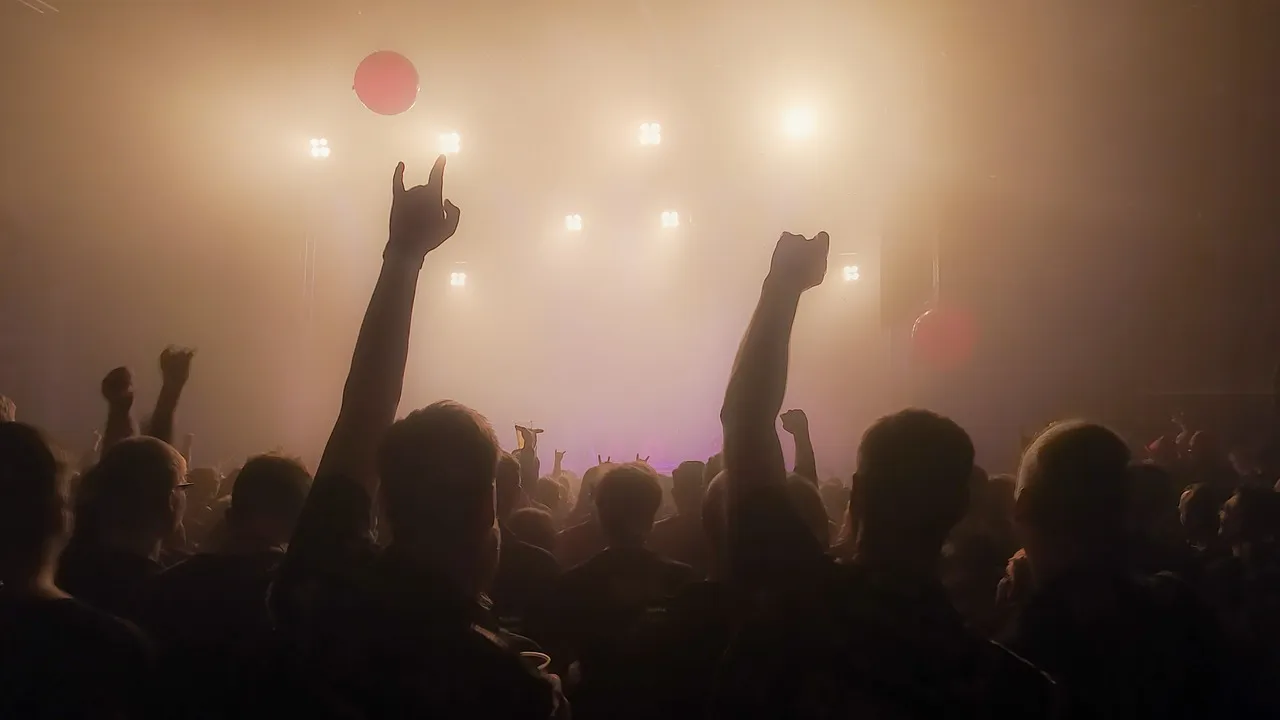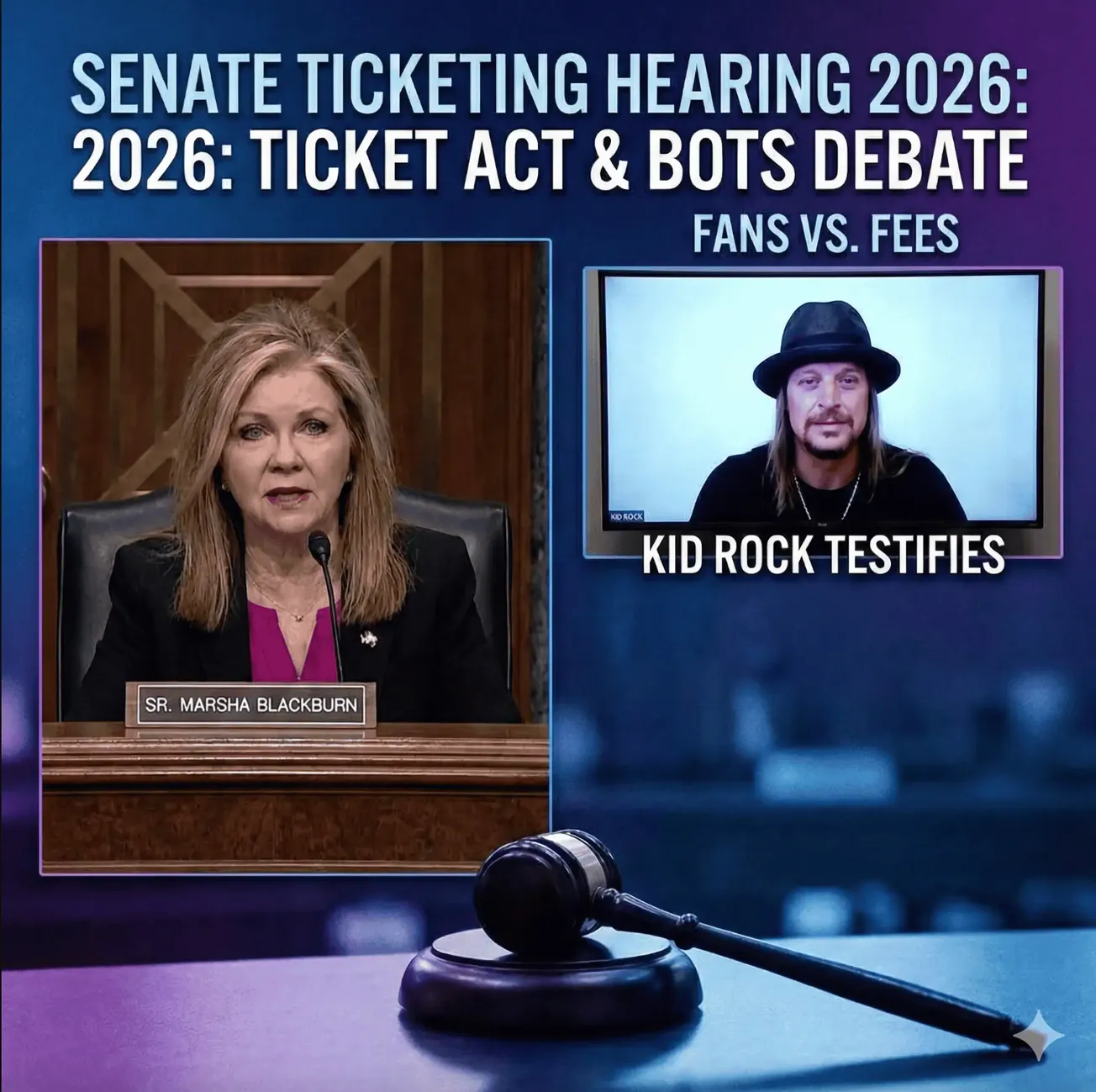In the wake of the recent “Dry January” phenomenon, we explore how the uptick in “sober curiosity” could be an opportunity for the music industry, giving venues an opportunity to tailor their beverage offerings accordingly.
Guest post by Chris Zaldua for Eventbrite
By now, you’ve surely heard of it: “Dry January,” the month-long social media challenge, born in the U.K., in which those who otherwise imbibe alcohol pledge to avoid it for the month of January. It’s since taken off in the U.S., and there’s a good chance someone in your peer group — or even you personally — have given it a shot.
While there’s no doubt that laying off the sauce is healthy, what’s most interesting is how “sobriety” is currently being redefined in popular culture: less binary, more spectrum. If selling drinks is a major revenue stream for your business — like a music venue, for instance — catering to those who avoid alcohol (maybe for good, or maybe just for right now) doesn’t have to mean reduced revenue. Instead, turn it into an opportunity.
Not necessarily sober, but “sober curious”
Historically, sobriety has been an “either/or” kind of proposition: if you drank, you drank, and if you didn’t, you didn’t touch the stuff under any circumstances. Furthermore, sobriety was decidedly “uncool,” the province of teetotalers and squares. (Of course, for some, sobriety is non-negotiable, and that hasn’t changed — nor will it.)
Slowly but surely, that perception is changing. Enter the “sober curious,” a term coined by author Ruby Warrington, to describe the mostly-Millennial crowd who might be examining their relationship with alcohol before it becomes a problem. Or they might be on a health kick. Or perhaps they’re avoiding drinks just to show that they can. Or they drink “mindfully,” which is to say, not giving alcohol up entirely, but choosing to be thoughtful and intentional when they do imbibe.
Regardless, this crowd is decidedly not square. They’re online. They host podcasts. They’re big on social media. And they definitely still go out — to shows, to bars, and beyond.
Not drinking, but still buying drinks
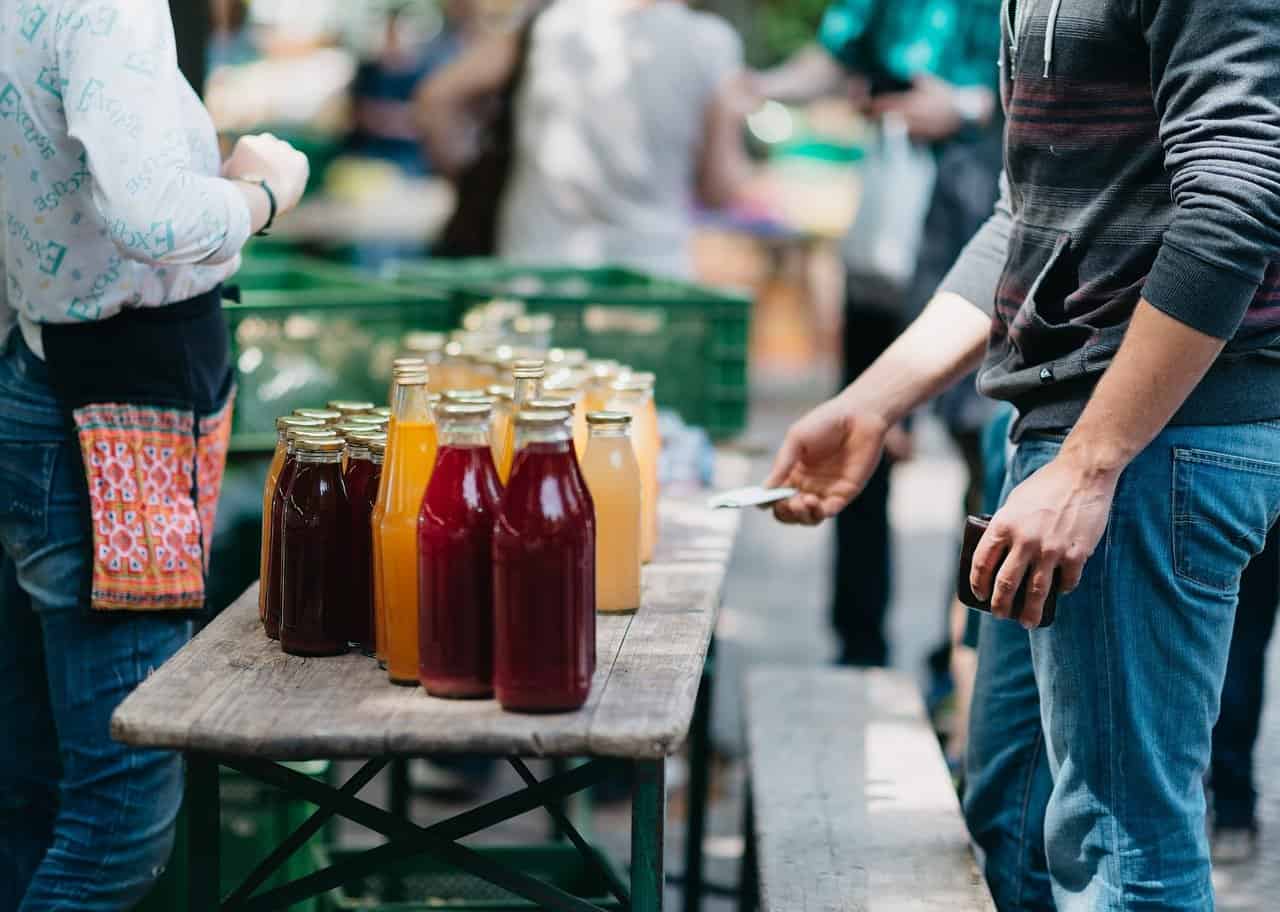
This much is clear: Those of us in the music business are in the business of providing a good time to others. And in any industry where that is the case, there’s a good chance that alcohol revenue keeps your business afloat. While sobriety is undoubtedly trending, today’s sober (and sober-ish) people are less moralistic than yesterday’s teetotalers, and they’re still interested in a good time. Business owners have taken note — and are selling drinks to people who aren’t drinking.
Here in the Bay Area, several friends who met in the punk and DIY scene launched Bizzy’s, a “dry bar” housed in a coffee shop that serves as a late-night gathering place for the non-drinking crowd. Michelle Hill, one of the founders, recently told KQED: “I feel like every time I go to a show, there’s one more person who’s like, ‘I stopped drinking.’ The ranks are continuing to increase, and for all varieties of reasons,” she says. And while their drinks are alcohol-free, they’re creative in the same way great cocktails are, blending sweet, savory, spicy, and herbal flavors together.
Over in Brooklyn, a similar outfit called Listen Bar launched in 2018. Unlike Bizzy’s, Listen Bar is a permanent pop-up — it’s apparently open only one night a month — and its roster of bartenders is made up exclusively of working musicians. It too features cocktails with complex flavors and creative ingredients, plus kombucha on tap and alcohol-free beer and wine. Notably, its cocktails are $11, proving that you can sell an alcohol-free drink at a premium price.
If you offer it, they will drink it
Refinery29 wrote the following about Listen Bar: “[They] aren’t trying to be everything to everyone. They just want to be something to some people — and those people are not only growing in number, but also raising their voices about the nightlife experiences they crave.”
If you’re in the live music business, you shouldn’t be everything to everyone. But if you try offering something outside the usual — like alcohol-free cocktails as chic, flavorful, and complex as their intoxicating cousins — you might discover they’re more popular than you anticipated.

